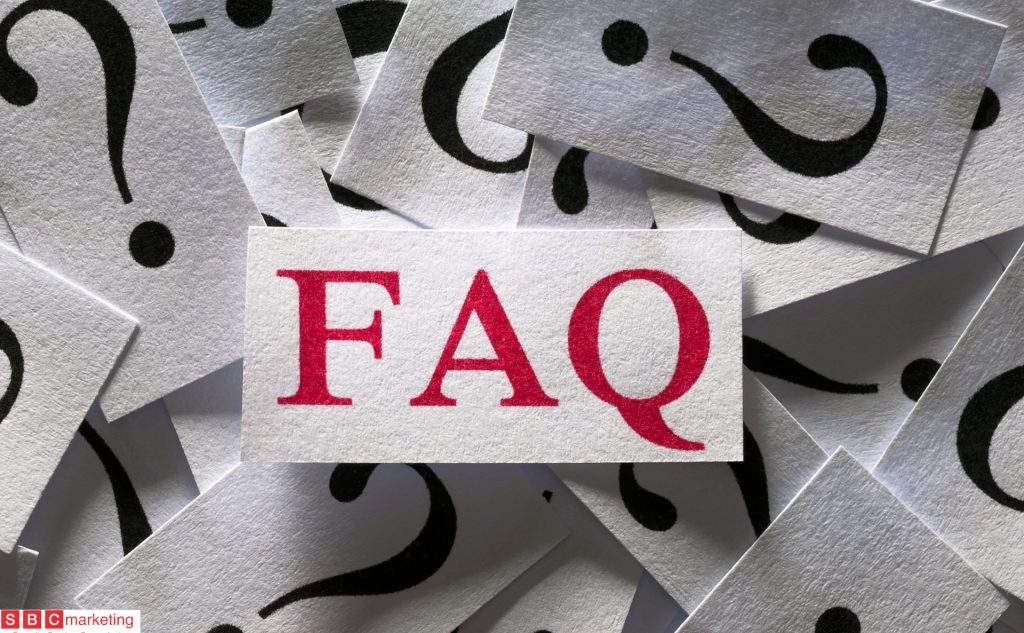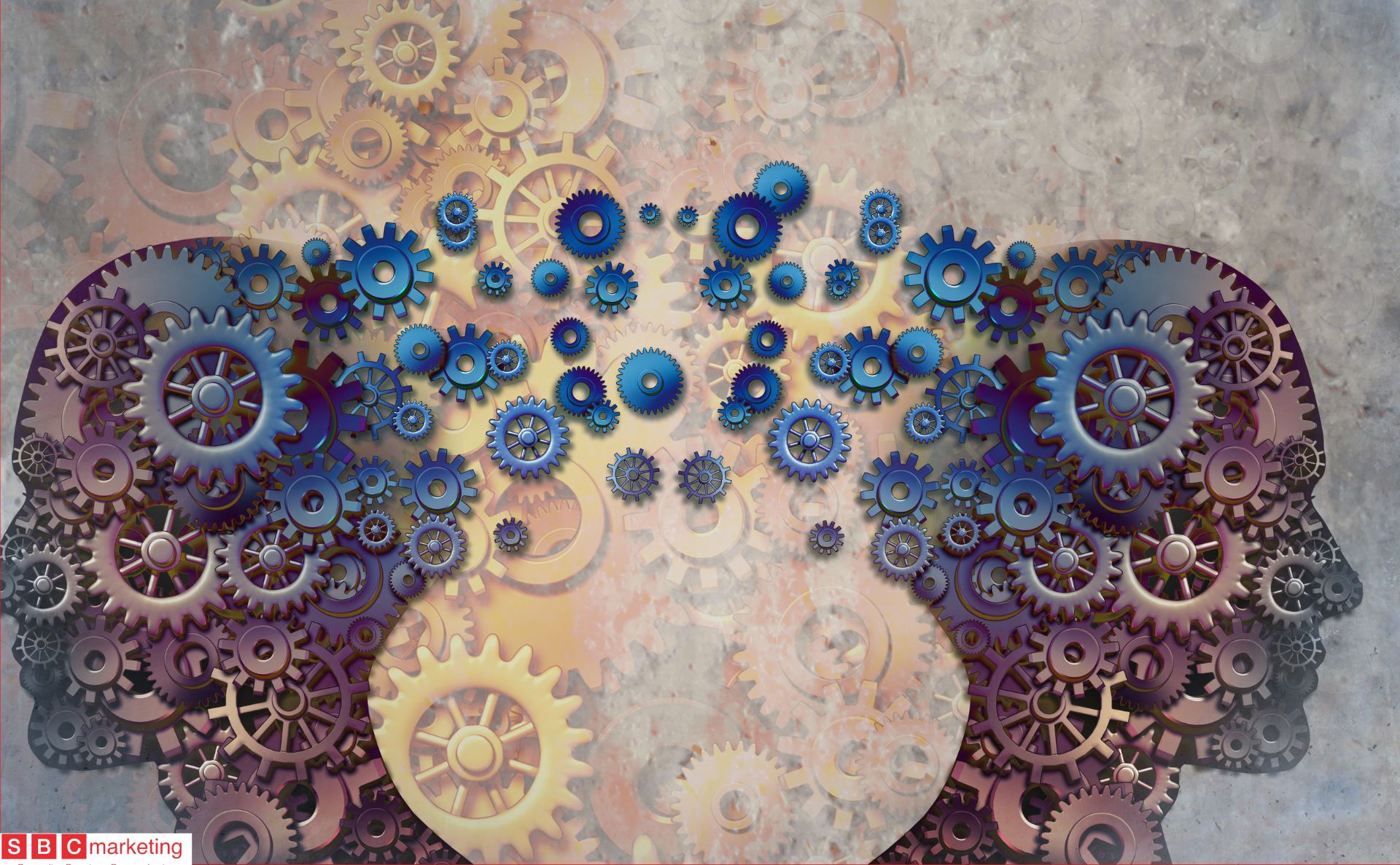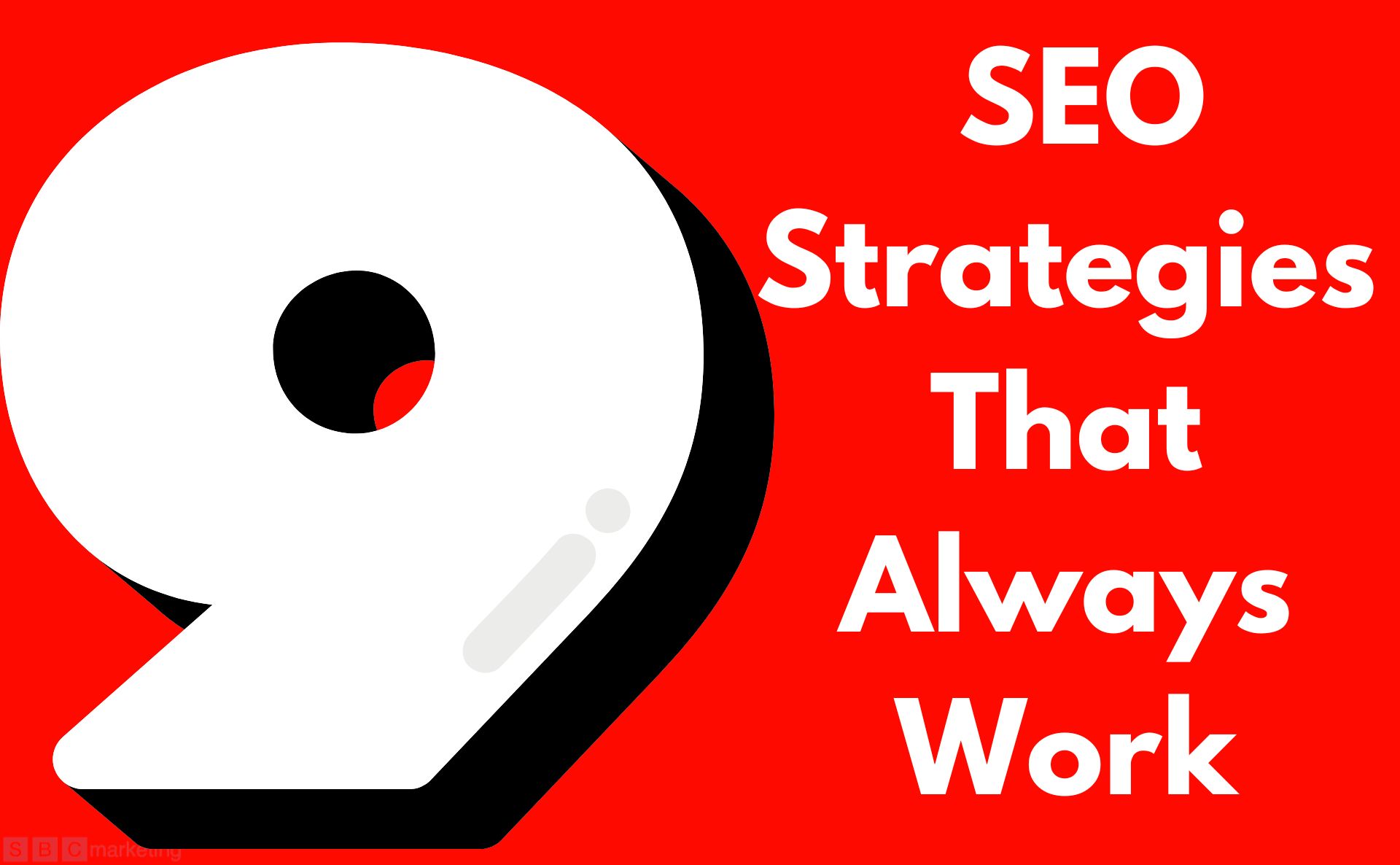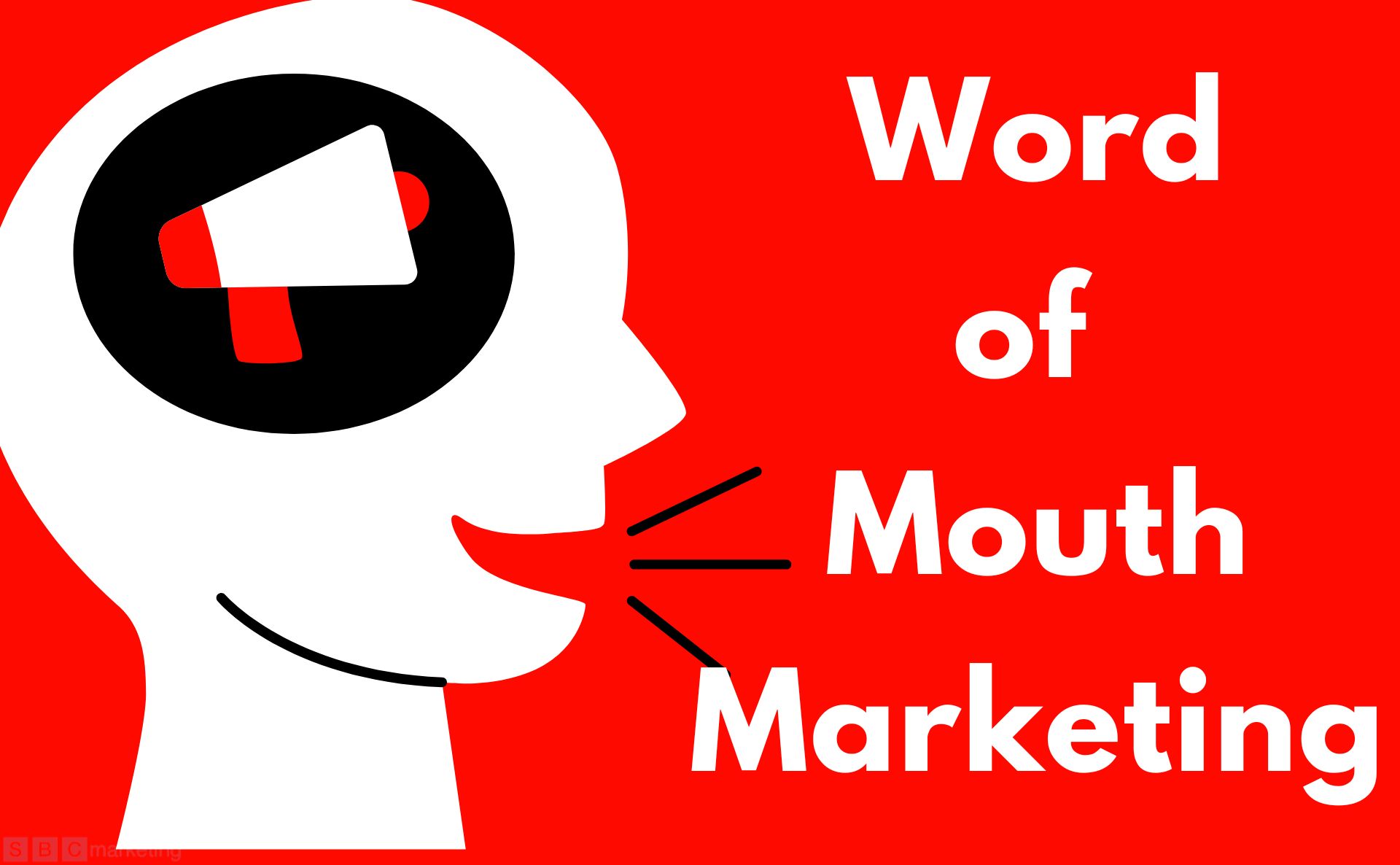Introduction
Consumer Psychology in Marketing and Advertising. Understanding consumer psychology is paramount for successful marketing and advertising campaigns. Knowing how consumers think, feel, and make purchasing decisions can significantly impact the effectiveness of your marketing efforts. This comprehensive guide will explore the various techniques and strategies that leverage consumer psychology to create engaging and persuasive marketing campaigns.
The Power of Consumer Psychology
Consumer psychology, also known as buyer psychology, delves into the study of consumer behavior and decision-making processes. By comprehending the underlying factors that influence consumers, marketers can tailor their strategies to resonate with their target audience on a deeper level. Here are the most effective ways to utilise consumer psychology in marketing and advertising:
1. Understanding the Target Audience
To create compelling marketing campaigns, it is vital to understand the demographics, preferences, and pain points of your target audience.
2. Leveraging Emotions in Advertising
Emotions play a significant role in purchasing decisions. Learn how to evoke emotions that align with your brand to create a lasting impact.
3. Harnessing the Power of Social Proof
Consumers often look for social validation before making a purchase. Discover how to utilize social proof to build trust and credibility.
4. The Art of Storytelling in Marketing
Storytelling can captivate and engage your audience like nothing else. Master the art of crafting compelling brand narratives.
5. Utilising Scarcity and Urgency
Learn how to create a sense of scarcity and urgency to drive consumer action and boost sales.
6. Cognitive Biases in Marketing
Uncover the cognitive biases that influence consumer decision-making and use them ethically in your marketing efforts.
7. Building Brand Loyalty
Fostering brand loyalty is essential for long-term success. Discover how to build strong connections with your customers.

Consumer Psychology Brand Loyalty – SBC-Marketing-London
8. Personalisation and Customisation
Tailoring marketing messages to individual preferences enhances engagement and conversion rates.
9. The Impact of Colors on Marketing
Colors have a profound effect on consumer perceptions. Learn how to use color psychology in branding and marketing materials.
10. Nostalgia Marketing
Nostalgia can evoke positive emotions and influence purchasing behavior. Find out how to implement nostalgia marketing effectively.
11. Gamification Strategies
Engage your audience through interactive and gamified marketing experiences that leave a lasting impression.
12. Influencer Marketing
Discover how to leverage influencer marketing to tap into existing audience trust and expand your brand’s reach.
13. The Power of Freebies and Reciprocity
Learn how offering freebies can lead to increased customer loyalty and word-of-mouth referrals.
14. Social Media Marketing Psychology
Understand the psychology behind social media platforms to create impactful marketing campaigns.

Consumer-Psychology-Social-Media-Marketing-SBC-Marketing-London
15. Building Trust through Transparency
Transparency and honesty can enhance your brand’s credibility and foster trust with your audience.
16. Social Identity Theory in Marketing
Implement social identity theory to create a sense of belonging and community among your customers.
17. Subliminal Marketing Techniques
Explore the world of subliminal marketing and its potential impact on consumer behavior.
18. Psychological Pricing Strategies
Pricing plays a significant role in consumer decision-making. Learn how to use psychological pricing to your advantage.
19. Overcoming Decision Fatigue
Simplify the decision-making process for your customers to boost conversions.
20. NeuroMarketing
Discover the fascinating realm of neuroscience in marketing and how it can revolutionize your strategies.
21. Understanding Consumer Perception
Perception shapes reality for consumers. Learn how to manage perceptions effectively.

Consumer Psychology Consumer Perception – SBC-Marketing-London
22. Creating a Sense of Belonging
Consumers are drawn to brands that foster a sense of belonging. Learn how to achieve this in your marketing.
23. FOMO Marketing
Fear of Missing Out (FOMO) can be a potent motivator for consumers. Find out how to implement FOMO marketing strategies.
24. Ethics in Consumer Psychology
Maintain ethical standards while applying consumer psychology to your marketing efforts.
25. Analysing Consumer Data
Utilise data analytics to gain insights into consumer behavior and optimize your marketing campaigns.
What are the Most Effective Ways to Use Consumer Psychology in Marketing and Advertising?
Understanding consumer psychology is pivotal in crafting effective marketing and advertising strategies. By tapping into consumers’ emotions, cognitive biases, and social interactions, businesses can create campaigns that resonate deeply with their target audience.

Consumer-Psychology-FAQ-SBC-Marketing-London-
Frequently Asked Questions (FAQs)
- How do emotions impact consumer behavior?
Emotions significantly influence consumer decision-making. Positive emotions can create a sense of attachment to a brand, while negative emotions can lead to avoidance. By appealing to consumers’ emotions, marketers can establish strong connections with their audience. - What is the role of social proof in marketing?
Social proof acts as a psychological shortcut for consumers. When they see others positively endorsing a product or service, they are more likely to perceive it as trustworthy and reliable. Utilizing social proof in marketing can enhance brand credibility and boost conversions. - How can storytelling enhance marketing efforts?
Storytelling taps into the power of narratives, which have a profound impact on human psychology. Compelling stories create emotional connections, making the brand more memorable and relatable to consumers. - What is the significance of scarcity and urgency in marketing?
Scarcity and urgency create a fear of missing out, compelling consumers to take immediate action. By using limited-time offers or showcasing low stock levels, marketers can prompt faster decision-making and drive sales. - Why is personalization crucial in marketing?
Personalization tailors marketing messages to individual preferences, making consumers feel valued and understood. This fosters a sense of loyalty and encourages repeat purchases. - How do colors affect consumer perceptions?
Colors evoke emotions and associations. Different colors can convey trust, excitement, or sophistication. Understanding color psychology allows marketers to use the right hues to evoke desired feelings and align with their brand’s personality.
Conclusion
Incorporating consumer psychology into marketing and advertising strategies is a game-changer for businesses. By understanding what drives consumer behavior, emotions, and decisions, marketers can create captivating campaigns that resonate with their audience on a deeper level. The power of consumer psychology should not be underestimated, as it holds the key to building brand loyalty, trust, and long-term success in today’s competitive marketplace.










